
Our learning so far
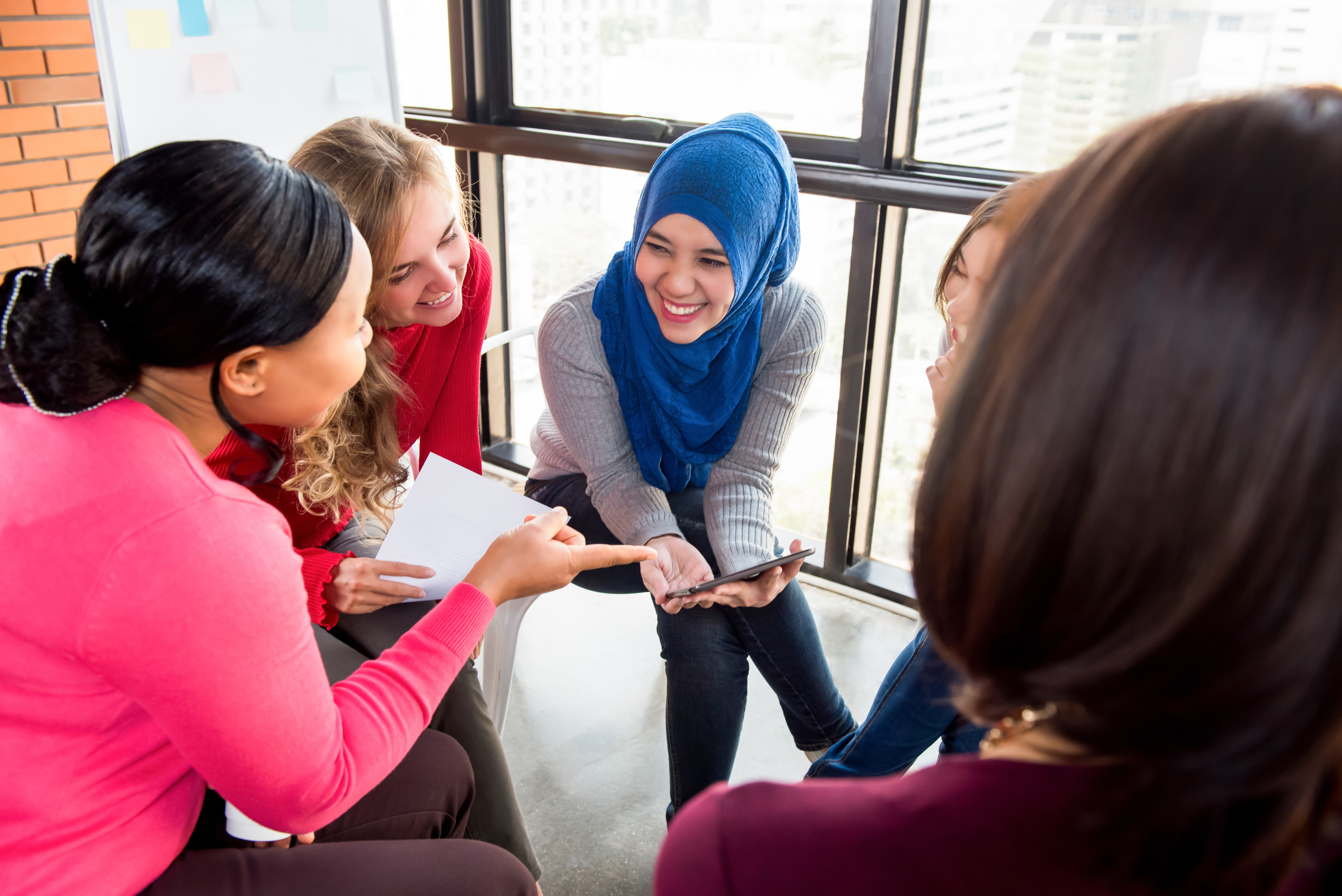
A key priority for The Ideas Fund is to reflect on what we’re learning along the way. Here, we share what we’ve learned so far and how we’ve drawn this together into our Impact Framework.
Our first projects got started in 2021, and since then we’ve tried to learn as we go – hearing from projects and reflecting as a team on what’s working, what impact we’re seeing and why this might be.
We’ve awarded further grants in our second round, through extensions and have also made ‘Infrastructure’ Grants which aim to shape the wider systems around community-researcher partnerships and ‘Evidence Building' Grants which focus on learning, creating impact and understanding the mechanisms involved in impactful partnerships.
The Ideas Fund is taking a different approach to getting funding to communities to support them to lead work with researchers, and so our early learning focused on our grantmaking processes and what groups were finding out as they started their projects and new partnerships. We’ve heard how valuable it is for community groups and researchers to spend time getting to know each other before jumping into project delivery, some of the challenges of different working styles, locations and professional languages, and the value placed on flexibility.
Learning from projects
At the start of 2022 we checked in with projects in their early stages. We drew out some common threads into a blog to share what we were learning.
Read more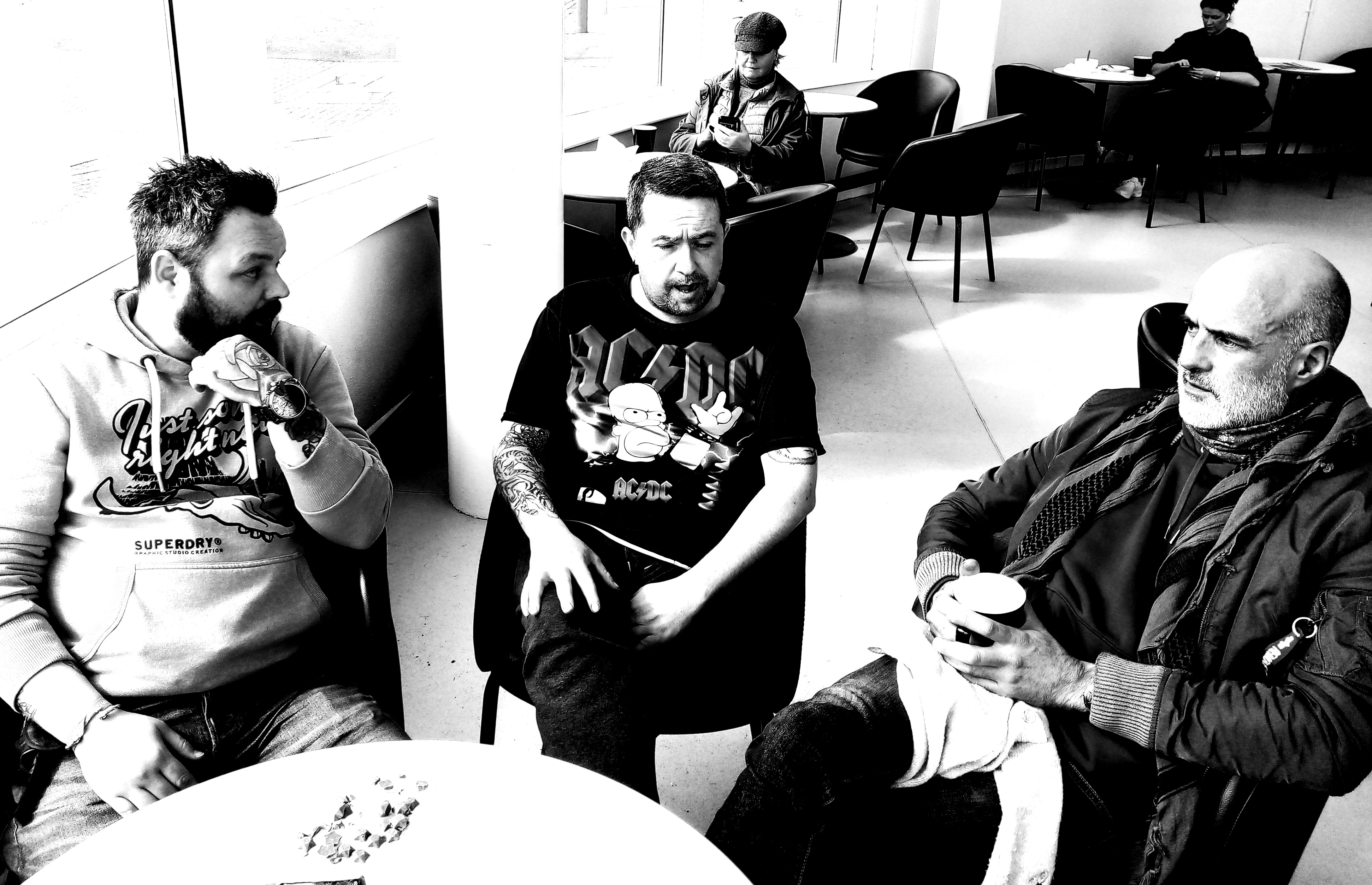
In August 2022 we asked projects how it was going...
"The project has completely changed my understanding of how knowledge exchange works"
Read more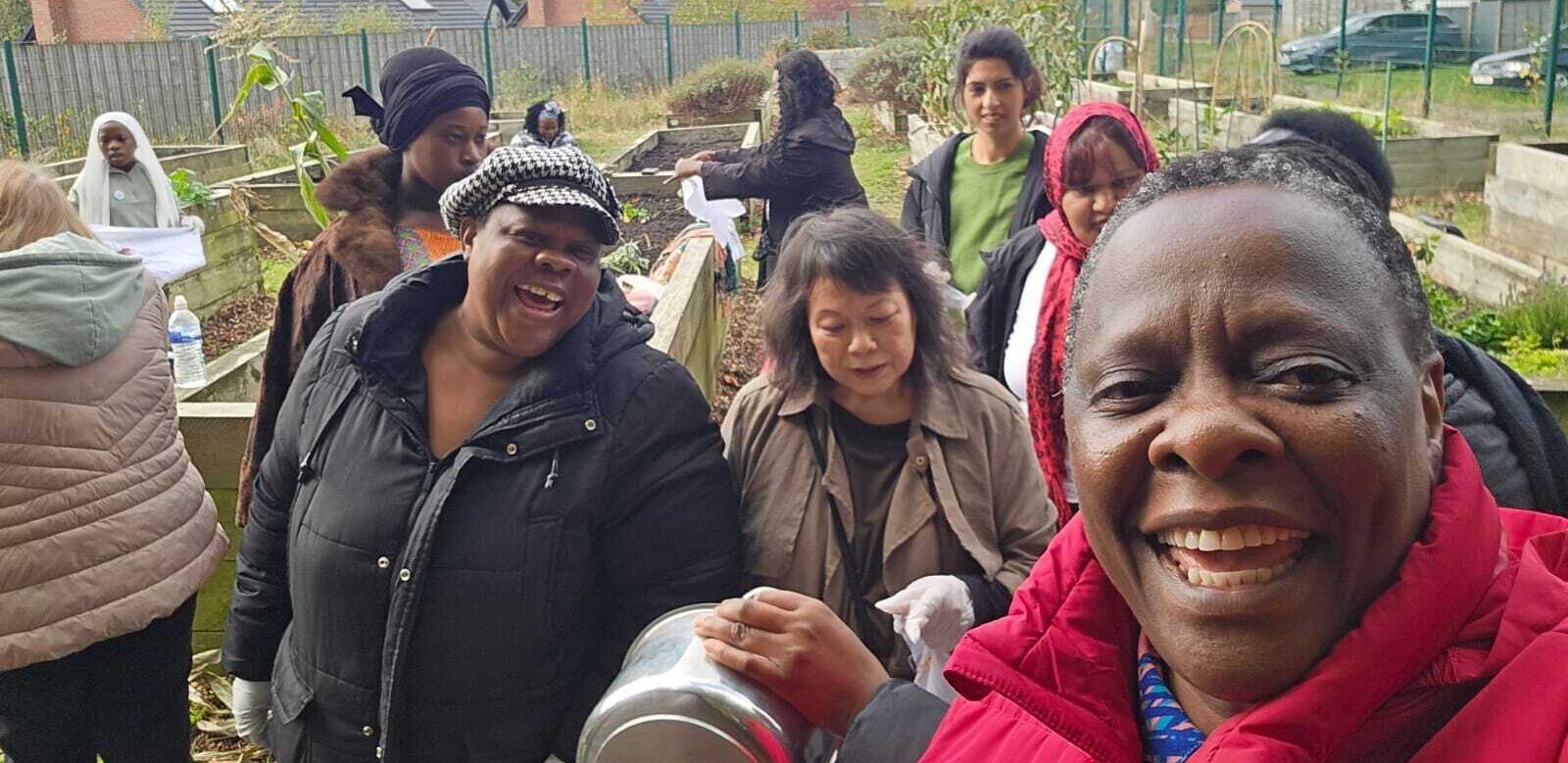
Our Insights Report
Working with our partners at Social Change Agency and The Liminal Space, we drew together everything we had seen so far into our 2023 Insights Report. In this report, we reflected on the flexibility needed to help new partnerships thrive, and some of the exciting impact that they were beginning to achieve. We also shared experiences from researchers, community groups and our local Development Coordinators.

Our Insights Report
Our Insights Report shares our reflections from the first two years of The Ideas Fund.
Read the reportOne community group from the Highlands and Islands reflected on some of the benefits of their new partnerships:
"The opportunity to work with professional researchers has helped us to achieve more in the last nine months than we had managed in the last three years"
Researchers also had a lot to say about their experience so far:
"I find the work to be inspiring and meaningful. I love being so close to actual change in my local community"
Since then, many projects have continued to thrive through extension grants which took their work and their partnerships in new exciting directions. Throughout this, themes around ethics, a flexible approach to funding, creating wider change and community-led research have continued to emerge.
Hear from Shannon at OPEN on the value of community research
' I want all kids to grow up in Shetland feeling nurtured, held and listened to. I want young people to feel a sense of connection and belonging with our community. And I want them to feel like they’ve got a say in their own future, and they’re holding the paddle.'
How community-led research is improving understanding of youth mental health in Shetland: A Q&A with Shannon from OPEN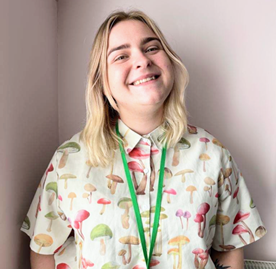
In 2024, we published our Impact Framework, which was co-designed over several months with a wide variety of partners, with support from our Learning Partners Collaborate CIC. We hoped to capture some of the wider impacts we had seen, and focus on some of the ingredients leading to successful outcomes for communities and researchers.
The Impact Framework has been developed to help us reflect on and learn about the outcomes and impacts we believe are made possible by the Fund’s approach and its intention to rebalance power in research to communities, something we believe can contribute to greater real-world impact for communities.
The Impact Framework is in two parts:
Introduction to The Ideas Fund Impact Framework – the introduction provides an overview of the structure and purpose of the framework
The Impact Framework – we have also produced a summary version
Alongside developing programme learning questions, we’ll use this Impact Framework as a tool to surface learning about why and how change is happening, rather than measuring or ‘proving’ individual outcomes.
We intend for the framework to be:
Ambitious and aspirational – capturing outcomes we’ve seen so far and those we believe are possible
A living framework – which adapts and develops as we learn and progress
A reflective tool – which helps us (and others) understand how The Ideas Fund is contributing to change
We know that there is more to say, and much more to find out. We have developed two key learning questions to help us structure what we already know, and what we continue to learn. These are:
- What are the unique and additional benefits which have resulted from equitable community/researcher partnerships for a) communities b) researchers and research organisations c) their local systems
- What are the unique conditions, mechanisms or practices within the funding model or community/researcher partnership, which have resulted in or contributed to these benefits, impacts or outcomes.
Evidence Building Grants
We have now funded a cohort of Evidence Building Grants, which have a more explicit focus on reflection, learning and sharing. These three-year grants will enable projects to create the biggest impact they can, while working closely with us to understand how that’s happening. Together we’ll find ways to share what we’re learning together, using our Learning Questions and our Impact Framework as tools for reflection.
Evidence Building Grants
Find out more about the groups we're working with to understand and share impact.
Read more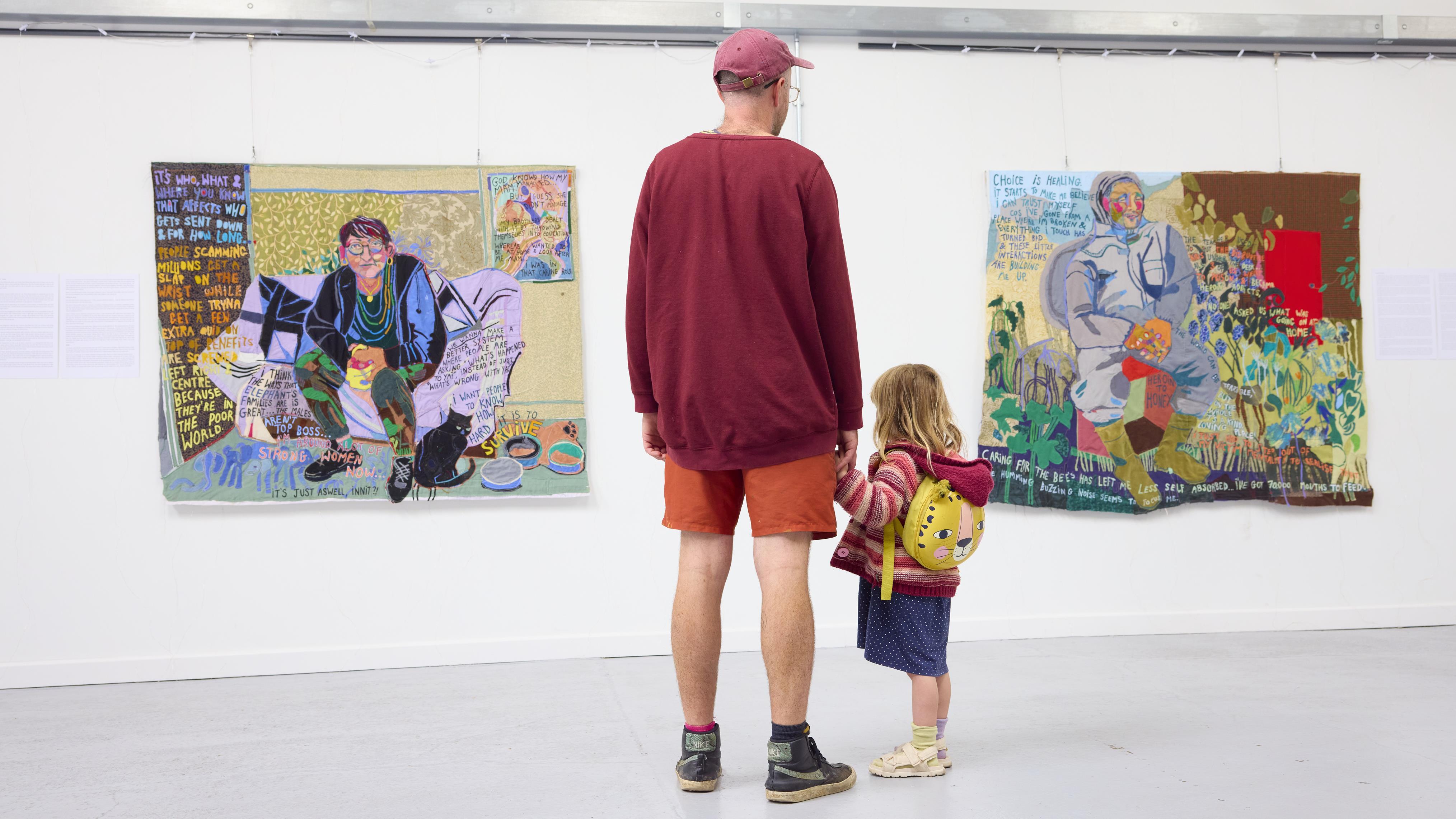

Creating change
Inspire Women are one of the groups supported with an Evidence Building Grant. In this Q&A their co-founder Sally shares more about their journey with research.
Read moreWe’ll be continuing to share what we learning here. We’re always keen to speak to people who are interested in hearing what we’re learning and ways to use this to influence practice, policy and systems. If you’d like to get in touch, we’d love to hear from you – you can reach us at hello@theideasfund.org


